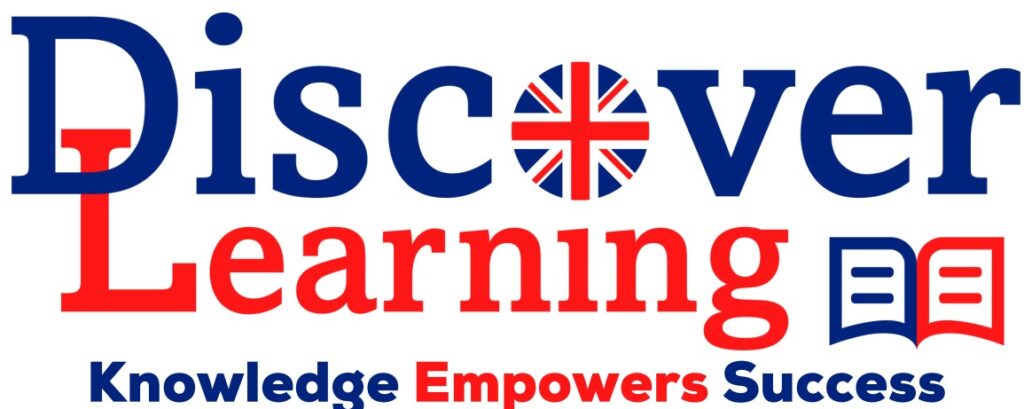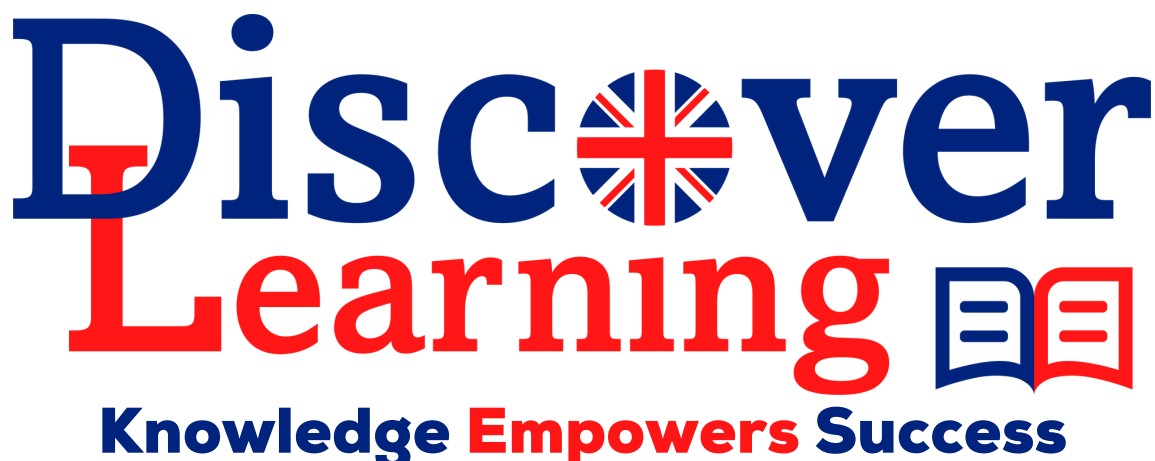Private tutoring has long been a cornerstone of educational support, catering to students who require additional assistance or seek to enhance their academic performance. Over the past decade, the practice has surged globally, including in the MENA region, where it has become a profitable industry. In Dubai, private tutoring stands as one of the most lucrative educational markets, with its benefits and challenges prompting ongoing debates among educators, parents, and policymakers.
The Prevalence and Drivers of Private Tutoring
According to Rocha (2018) in the UAE, private tutoring is a widespread phenomenon, with 27% of students taking paid lessons, as revealed by a study conducted by the Regional Center for Educational Planning (RCEP) in partnership with the Ministry of Education (MOE). Emirati students have a higher participation rate (32%) compared to non-Emirati students (21%). The demand is particularly pronounced in Grade 12, as students prepare for crucial examinations and university admissions.
The primary drivers of private tutoring include:
Academic Demands: Parents often cite the rigorous school curriculum, frequent examinations, and extensive homework as reasons for seeking additional academic support.
Concerns Over Educational Quality: Dissatisfaction with the quality of teaching or curriculum standards in schools pushes parents to supplement their child’s learning.
Social and Peer Pressure: Many parents hire tutors because they perceive it as a norm or feel pressured to ensure their child remains competitive.
Benefits of Private Tutoring
Supporters of private tutoring argue that it provides targeted assistance to students, enhancing their academic performance. Studies have shown its effectiveness in improving outcomes in specific subjects:
A study in Turkey observed a positive impact of private tutoring on mathematics and Turkish language performance among high school students (Berberoğlu, 2014).
In Pakistan, secondary school students demonstrated significant improvements in mathematics due to private tutoring (Suleman, 2013).
Research by Huang (2013) revealed that low-performing students in science benefited more from tutoring, while high-performing students saw greater gains in mathematics.
Additionally, private tutoring can serve as a remedial tool for struggling students and an avenue for high achievers to excel further. It also generates supplementary income for tutors, thereby contributing to the local economy.
Challenges and Criticisms
Despite its advantages, private tutoring is not without drawbacks. Critics highlight several concerns:
Exacerbation of Inequality: Private tutoring often privileges students from wealthier families, widening the socio-economic divide in educational outcomes.
Financial Burden: The cost of tutoring can place a significant strain on low-income families. For instance, Emirati families spend an average of AED 2,625 per month on tutoring, compared to AED 1,250 for non-Emiratis.
Impact on School Systems: Teachers who offer tutoring to their own students may neglect their classroom responsibilities, creating conflicts of interest. Furthermore, reliance on tutoring can undermine regular classroom instruction and student engagement.
Ethical Concerns: Instances of coercion, where teachers pressure parents to hire them as tutors, and other unethical practices can tarnish the educational environment.
Patterns in Private Tutoring Practices
A 2018 RCEP study provides insights into the characteristics of private tutoring in the UAE:
Subjects and Frequency: Mathematics is the most tutored subject (83%), followed by science (58%), English (50%), and Arabic (44%). Students typically receive two hours of tutoring per week per subject.
Venues and Formats: Most lessons occur in students’ homes (59%) or tutors’ homes (11%). One-to-one tutoring is the preferred format for 62% of Emirati parents, while group sessions are more common among non-Emiratis.
Tutor Selection Criteria: Parents prioritize tutors’ skills and experience (86%), with 78% unwilling to hire college undergraduates. Recommendations from other parents remain the primary means of finding tutors.
Regulation and Policy Options
Given the complexities of private tutoring, regulation is essential to ensure fairness, quality, and accessibility. The MOE can adopt several measures to address the challenges:
Licensing and Accreditation: Requiring tutors to obtain professional licenses can standardize qualifications and ensure accountability. A publicly accessible database of licensed tutors can aid parents in making informed choices.
Cost Regulation: Establishing fee caps based on tutor credentials and lesson types can prevent price gouging and make tutoring more affordable.
In-School Tutoring Programs: Offering cost-free or subsidized tutoring in public schools can reduce dependency on private tutors and alleviate financial burdens on families.
Vouchers for Needy Students: Providing government-funded vouchers for underperforming students to access licensed tutoring centers can promote equity.
Monitoring and Oversight: Setting up platforms for parent feedback and complaint resolution can enhance transparency and trust in the system.
Conclusion
Private tutoring plays an increasingly significant role in the educational landscape, addressing gaps in learning and catering to diverse student needs. However, its unregulated growth poses risks to equity and the integrity of school systems. By implementing thoughtful regulations and support mechanisms, policymakers in the UAE can harness the potential of private tutoring while mitigating its negative impacts. A balanced approach will ensure that private tutoring serves as a complement to, rather than a substitute for, quality education in schools.
At Discover Learning, we are committed to bridging the gaps in education by offering personalized, high-quality tutoring services in Dubai tailored to your child’s unique needs. With a focus on fostering academic excellence and building confidence, our experienced tutors specialize in a variety of subjects and curricula. Discover Learning provides a supportive environment where students can thrive and achieve their full potential. Learn more about how we can help your child succeed by visiting our website at www.discoverlearningtutors.com.
References:
Rocha, V. and Hamed, S., 2018. Parents’ perspectives on paid private tutoring in the United Arab Emirates [online]
Berberoğlu, G. and Tansel, A., 2014. Does private tutoring increase students’ academic performance? Evidence from Turkey. International Review of Education, 60, pp.683-701.
Suleman, Q. and Hussain, I., 2013. Effects of private tuition on the academic achievement of secondary school students in subject of mathematics in Kohat division, Pakistan. International Journal of Learning & Development, 3(3), pp.253-269.
Huang, M.H., 2013. After-school tutoring and the distribution of student performance. Comparative Education Review, 57(4), pp.689-710.

